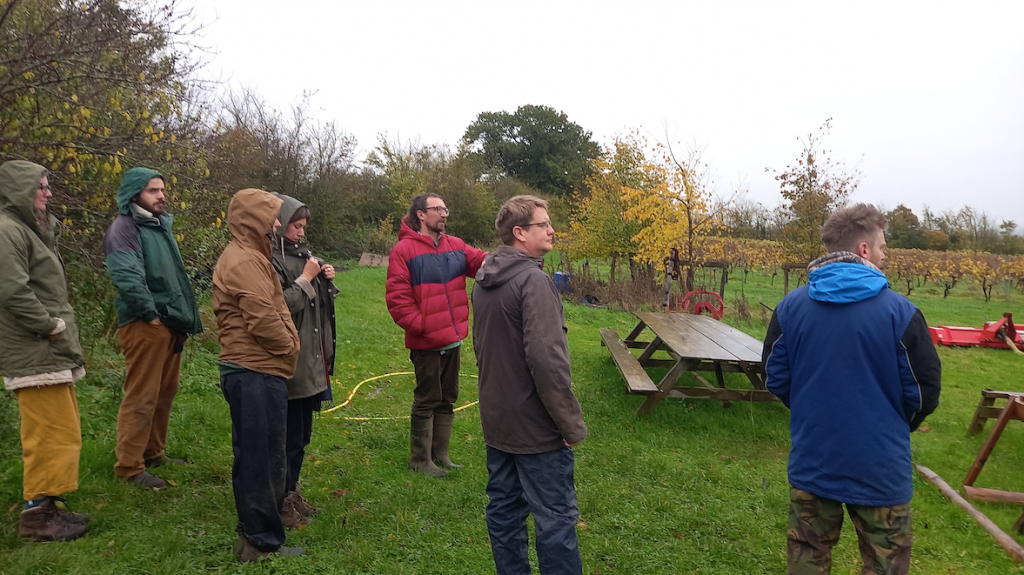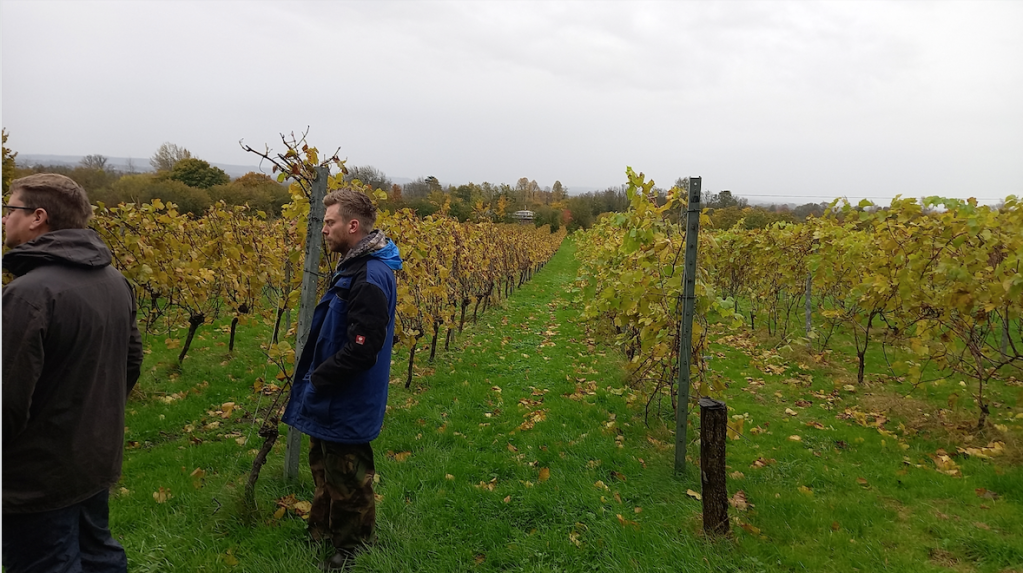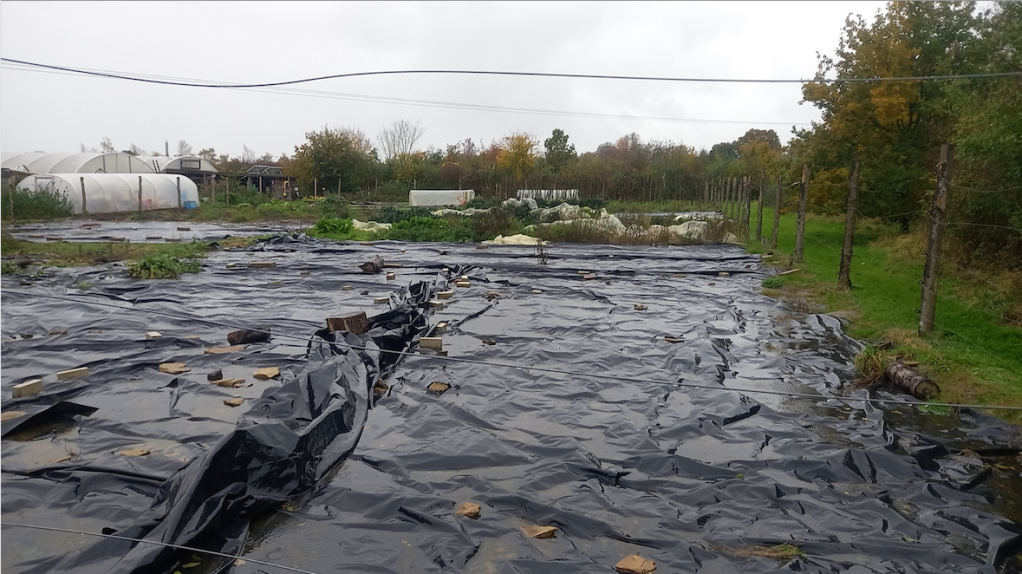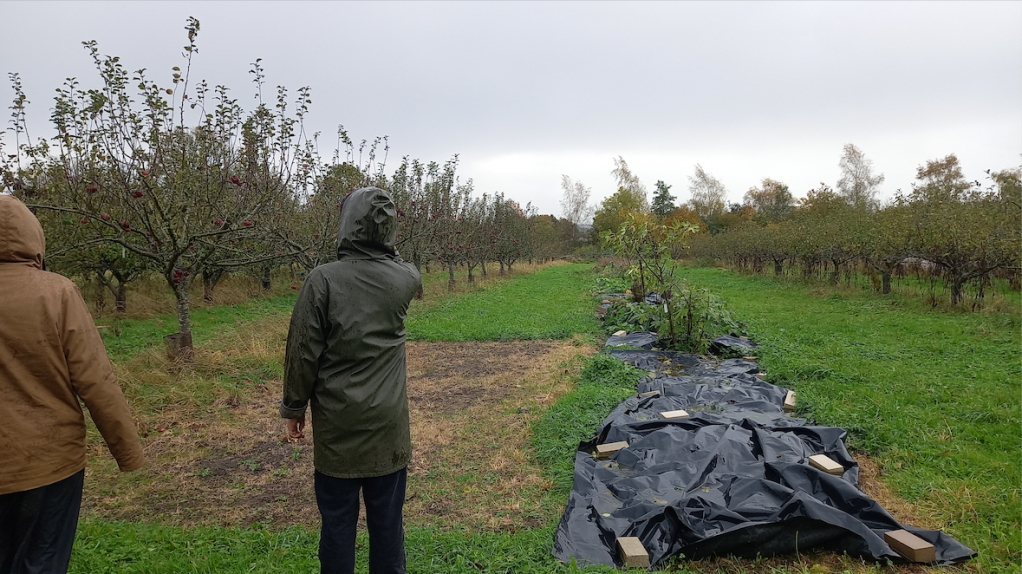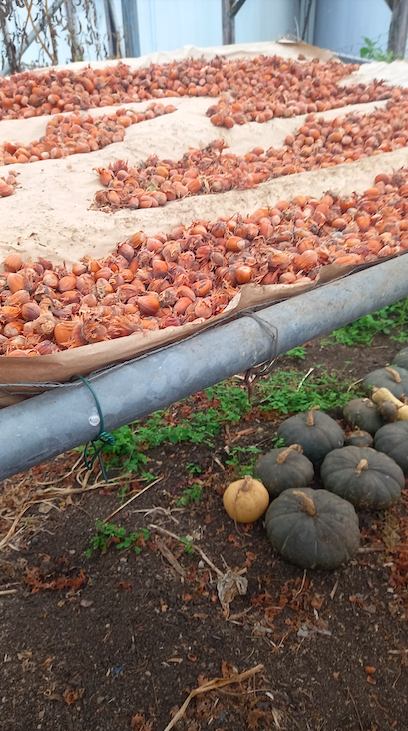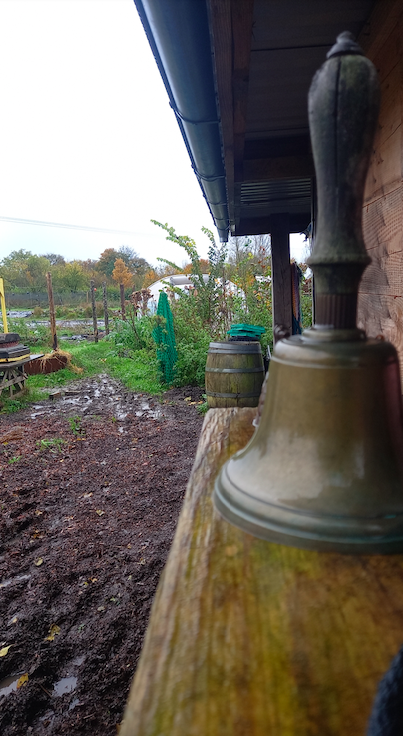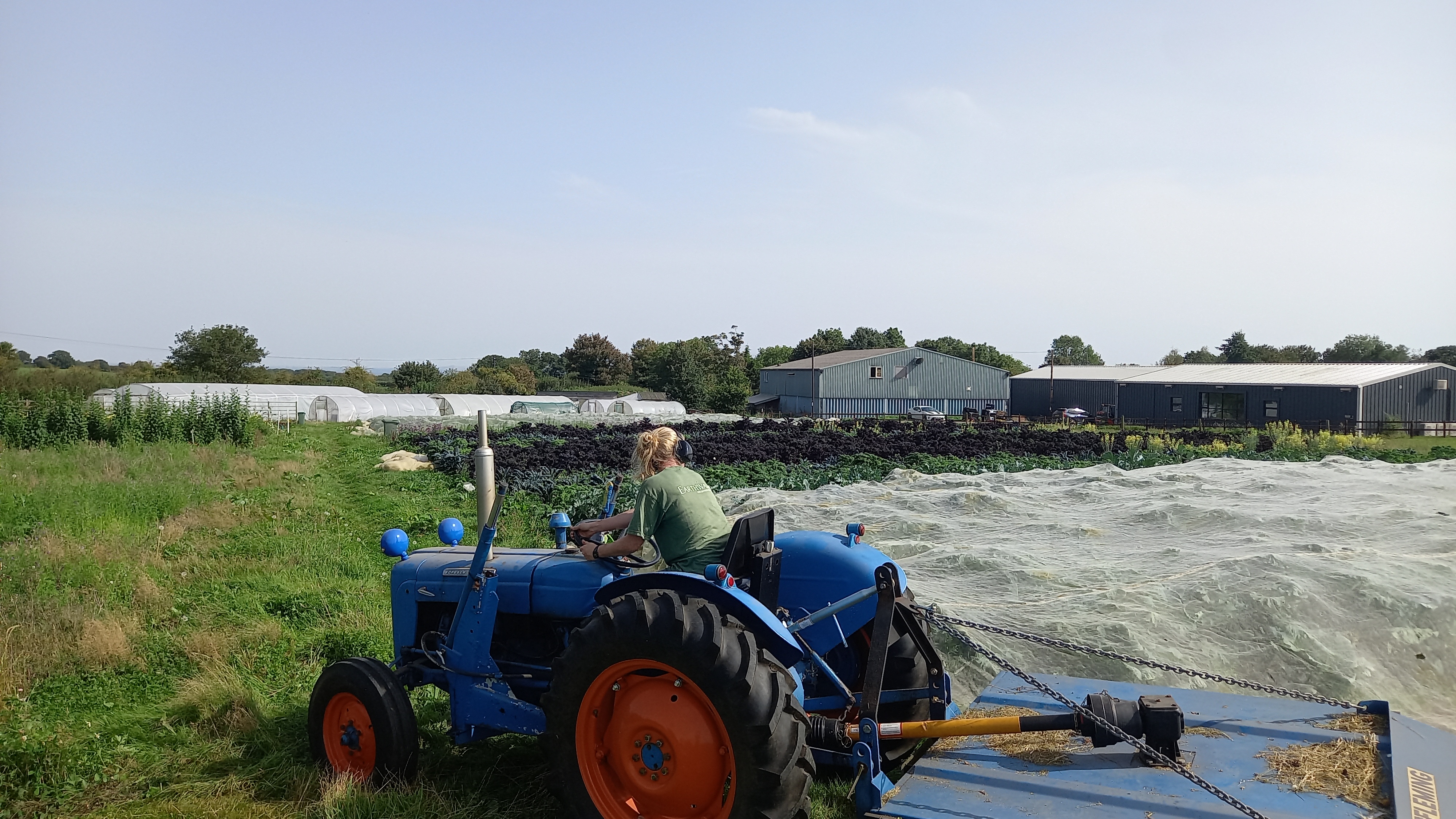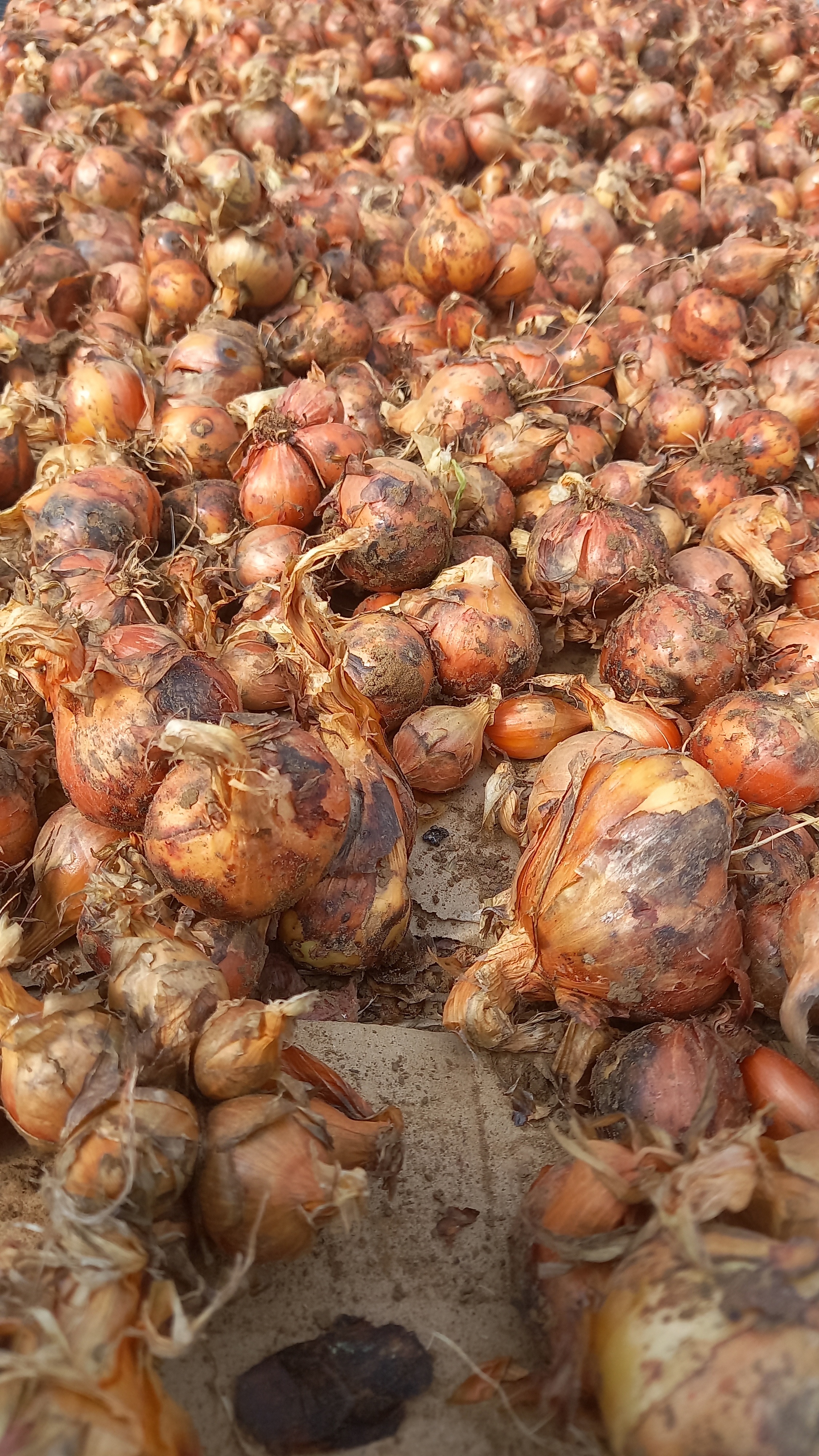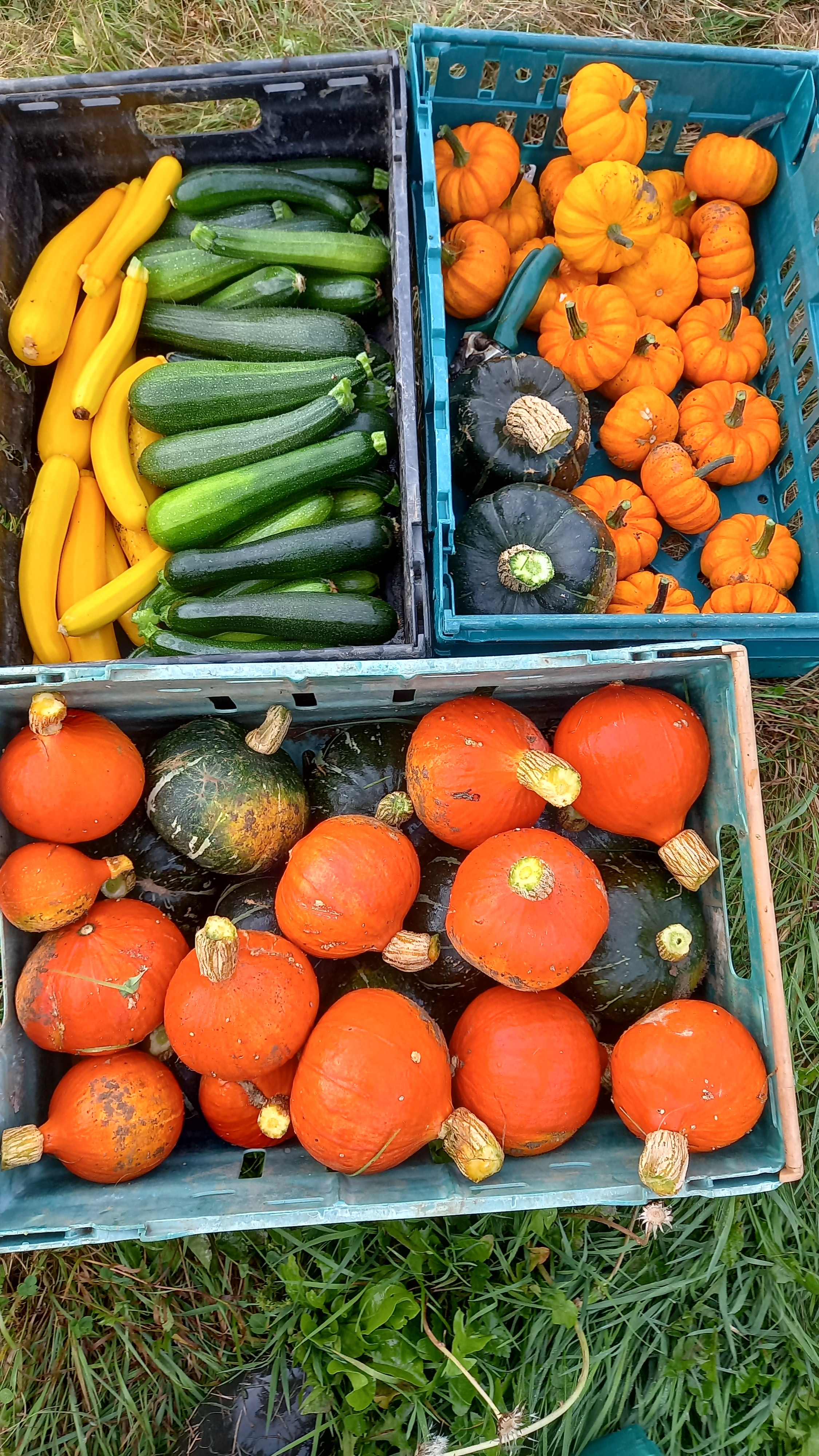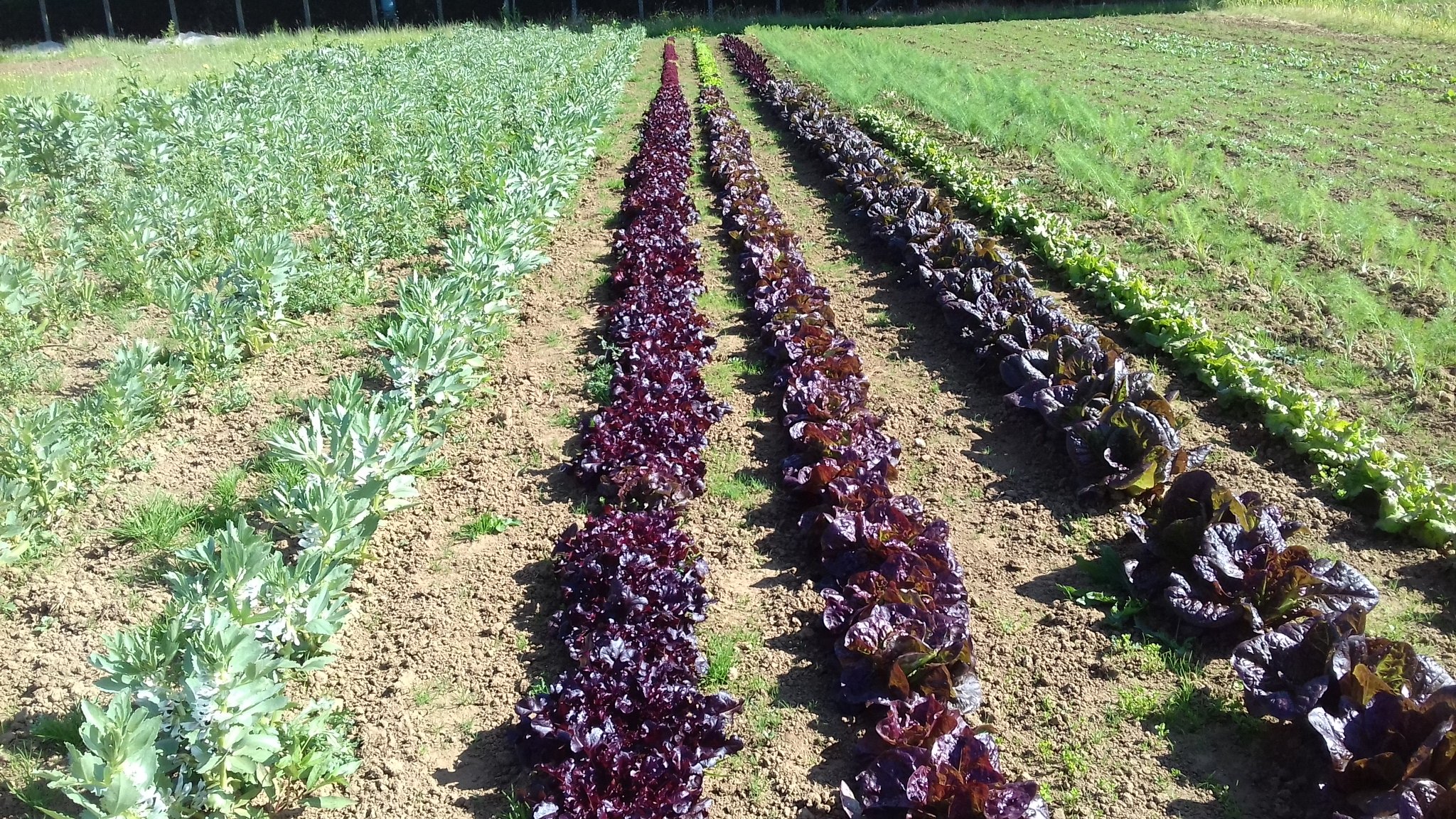
Remember when you were at school (yes it is some time ago now for some of us). I wasn’t the star pupil but I did ok; I was probably the stereotypical female student – worked hard, kept my head down generally, did pretty well in exams. I can remember feeling exasperated when the troublemakers seemed to get extra attention and rewards when they did what the rest of us were doing anyway. Hey, how comes xxxxx gets some cool reward for doing yyyy when I’ve been doing yyyy all along and I don’t get this reward? I tried to be practical at the time (as much as a teenager can be) and think about the reasons behind why some of the pupile were acting up in the first place (especially now I am older, I know the home life for many of these guys was much harder than my own). Also I was aware at the time that it was simply expedient to cajole and at times bribe some students to get on with work, which benefitted the whole class. The frustrated feelings still remained however, no matter how pragmatic those like us were.
I can’t help but be reminded of those times now, when thinking about organic growers – especially smaller scale growers. For years, those of us with less than 5ha/12 acres of land have been labelled ‘hobbyists’ by DEFRA, and ineligble for Governement susbidies – unlike those larger landowners who could claim millions in subsidies under the CAP (Common Agricultural Policy) – despite the many tonnes of food we grow and sell commercially, no hobby or relaxing armchair in sight. While I’m not a fan of Brexit and did not vote for it, one of the tempting reasons waved at farmers was the idea that the whole subsidy system would be reformed, allowing a fairer system of Government support for farmers based on public goods offered, rather than land size owned or worked. It is true that in some respects this is starting to happen – the Countryside Stewardship (CS) schemes are not based on land size, so anyone could register their agricultural land used for farming, and apply for support from between £100/ha (grass) to over £1,000/ha (organic conversion top fruit) per year, depending on what the land is being used for. The approx 10% increase in these payments for 2024 onwards is also welcome for farmers and growers. (NB however it would be a mistake to say that this is only possible because of Brexit – under CAP, individual countries could chose at what scale to draw limits to subsidies, and while other countries such as France chose a lower range, the UK’s DEFRA picked 12acres as the minimum.)
Following the CS schemes, ELMS (Environmental Land Management Schemes) have been in development since 2017, with much good work being done by the likes of the Soil Association and Landworkers Alliance, especially by Rebecca Laughton in fighting the corner of horticulture. I am already bamboozled around the differences between CS schemes, the SFI (Sustainable Farming Incentive), which can be stacked on top of CS schemes, and other ELMS. DEFRA and other partner organisations are trying to iron out loopholes and inconsistencies at the moment, such as the incentive to rip up good wildlife habitat and sow new wildlife-friendly mixes, because the incentive for sowing new mixes is more than maintaining old ones. So these efforts to encourage more farmers to ‘do the right thing’ and look after the soil, wildlife, waterways and air quality feels like higher rewards for those farmers who have been causing trouble for all of us; while ignoring those of us who have been working quietly towards healthier soil, water and biodiversity for years (decades in many cases). Worse, incentivising follow-the-money farmers who would rip up habitat in order to claim more money, means that when it comes to market our crops, they have an advantage to the rest of us, and could undercut us since they have more subsidy money in the bank already. Being the Good Girl who does the right thing anyway has very little reward economically – if this remains the case then farming the way we know is right becomes so economically unsustainably that not only is it simply unfair, it becomes impossible. As Guy Singh-Watson’s campaign explains, half of UK’s growers fear they may go out of business in the next year.
Like much of UK life at the moment, it feels like we are in an awkward halfway house where we get the worst of both worlds. There are those who would agrue wholeheartedly for the free market, with a minimum State and no central support; then there is the argument that if farming affects us all and the environment as a whole, as it shurely does, we need to spend public money to get the goods that the public wants since market economics alone cannot take these benefits into account. There is a fair argument for both; but really what we need is to decide who we are and which course is the most effective, rather than be caught between both. Publish and be damned; farm and be damned; grow and be damned. We grow food, and would like a fair price to at least cover our expenses; we can be as efficient and economical as anything, but if there are subsidies available to some and not others, good sustainable farms will go out of business, and we will be left with the money-chasers alone. This will mean that any subsidy schemes will have to be designed tightly to within an inch of their life if the desired outcomes of truly addressing water quality, healthy food available to all, halting biodiversity loss and climate change are to have any chance of succeeding.


